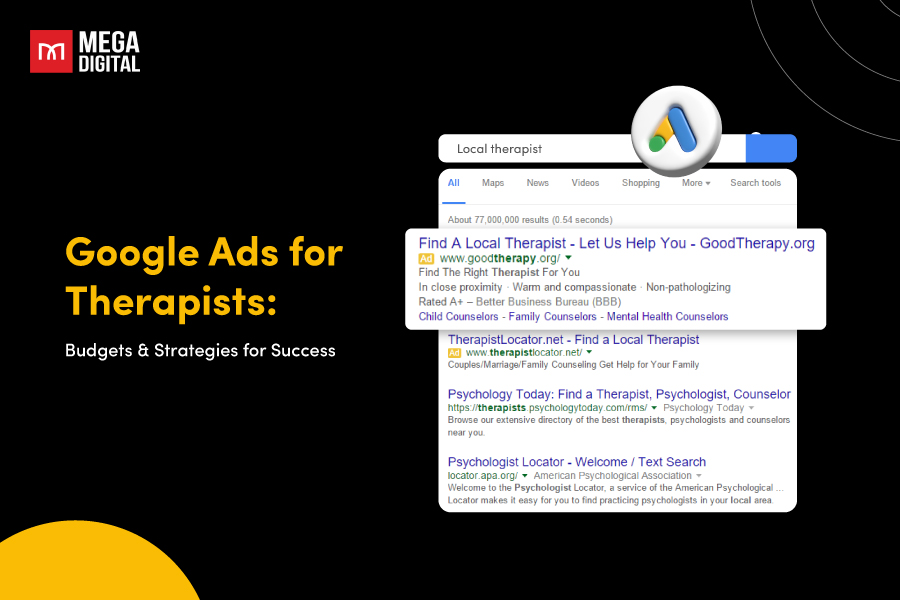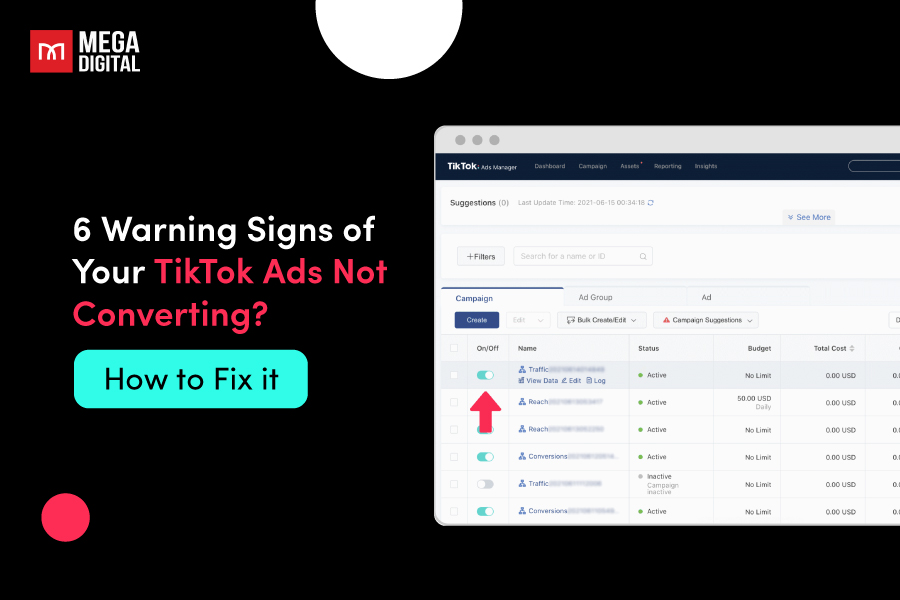Keywords are the backbone of Search Arbitrage. Choosing the right ones means keeping CPC low while boosting earnings per click (EPC). In this guide, you’ll learn how to identify profitable keywords, avoid costly mistakes, and build a foundation for sustainable arbitrage success.
QUICK SUMMARY
- Search arbitrage lives and dies on keywords — they decide whether CPC < EPC and if campaigns can scale profitably.
- The winners: long-tail, niche-specific, GEO-targeted, and seasonal terms that balance cheap clicks with strong monetization value.
- Finding them requires smart use of tools (Keyword Planner, Trends, SEMrush/Ahrefs) and competitor/feed analysis to spot real opportunities.
- Success comes from clustering, intent mapping, negative keywords, and continuous testing to refine ROI.
- In this guide, you’ll learn how to uncover profitable keywords, avoid beginner mistakes, apply strategies across platforms, and future-proof your arbitrage campaigns.
Why Keywords Matter in Search Arbitrage
In Search Arbitrage, keywords directly determine whether a campaign is profitable or not. Every click you buy has a cost (CPC), and every click that gets monetized generates earnings (EPC). The gap between these two values is where profit—or loss—happens.

For example:
- If you buy a click at $0.20 CPC and monetize it at $0.40 EPC, your margin is 100%.
- But if you buy at $0.50 CPC and monetize at $0.55 EPC, your margin is so thin that scaling becomes almost impossible.
This is why keyword selection goes beyond traffic volume. It’s about finding search terms where user intent matches high-value monetization. In niches like finance, insurance, or health, even a single profitable keyword can sustain an entire campaign because advertisers are willing to pay more for those clicks.
In short, keywords are not just about cheap traffic—they are about aligning search intent, CPC, and monetization payout to ensure long-term profitability in arbitrage.
Types of Keywords to Focus On
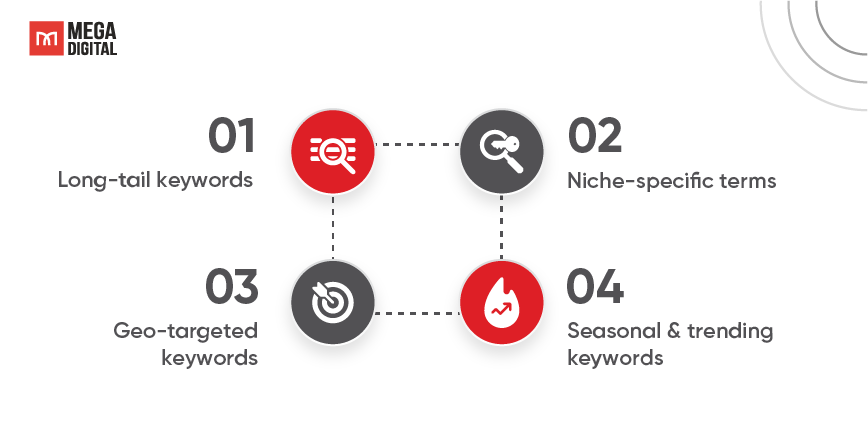
Not all keywords are equal in Search Arbitrage. The goal is to target terms that bring in affordable traffic while still unlocking high EPC from monetization networks. Below are the main types you should prioritize:
1. Long-tail keywords
These are longer, more specific phrases such as “cheap auto insurance quotes online”. They usually cost less than broad terms like “insurance”, but still carry strong intent. Long-tail keywords also reduce competition, which helps maintain healthier margins.
2. Niche-specific terms
Certain industries consistently pay more for clicks—finance, insurance, health, technology, and legal. By focusing on these niches, you’re tapping into markets where advertisers bid aggressively, raising the value of each monetized click.
3. Geo-targeted keywords
Instead of fighting in Tier 1 markets where CPC is expensive, try Tier 2 or Tier 3 GEOs. For example, targeting “health insurance quotes Philippines” can bring much cheaper traffic while still generating strong advertiser demand.
4. Seasonal & trending keywords
Some opportunities are time-sensitive. Tax season, summer travel, or trending health topics can all drive spikes in search activity. Using tools like Google Trends helps you capture these opportunities before competition catches up.
The key is balancing cost and intent. Cheap traffic alone won’t make you money unless advertisers also value those clicks. Profitable arbitrage comes from spotting keywords with both affordable CPC and monetization potential.
Tools for Keyword Research
Finding profitable keywords for Search Arbitrage isn’t guesswork—it requires the right tools. Each tool provides unique insights into cost, volume, and trends, helping you identify terms with strong arbitrage potential.
1. Google Keyword Planner
A free tool that shows search volume and CPC estimates. It’s perfect for spotting long-tail opportunities where CPC is relatively low but intent is still high. Pair it with filters to find keywords in niches like finance or health.
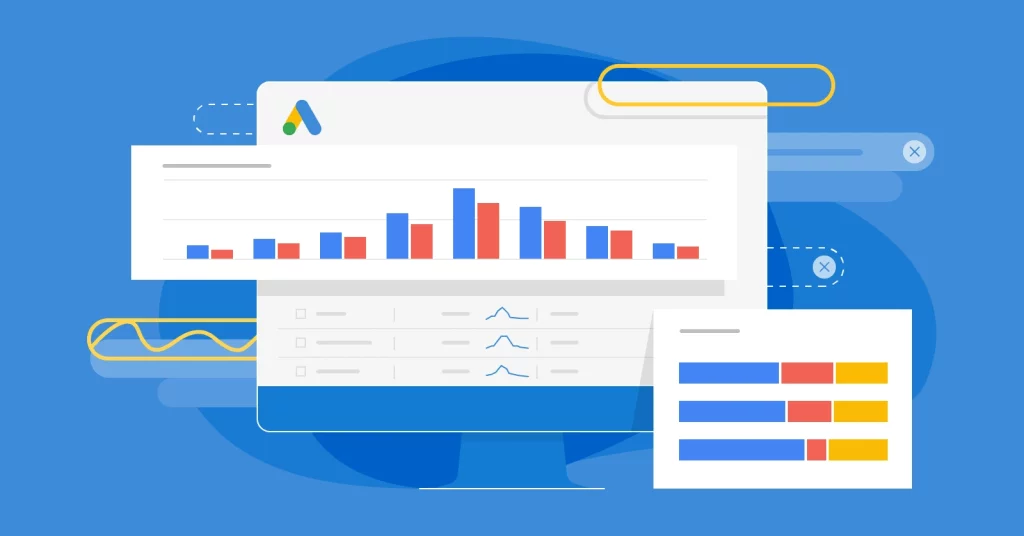
2. Google Trends
Use this to identify rising search terms before they become competitive. For example, a new diet trend or emerging fintech product can open arbitrage opportunities if you enter early.
3. SEMrush or Ahrefs
Premium tools that provide deeper insights into keyword competitiveness, SERP data, and CPC comparisons across GEOs. They also let you spy on competitors’ keyword strategies and uncover niches that are underserved.
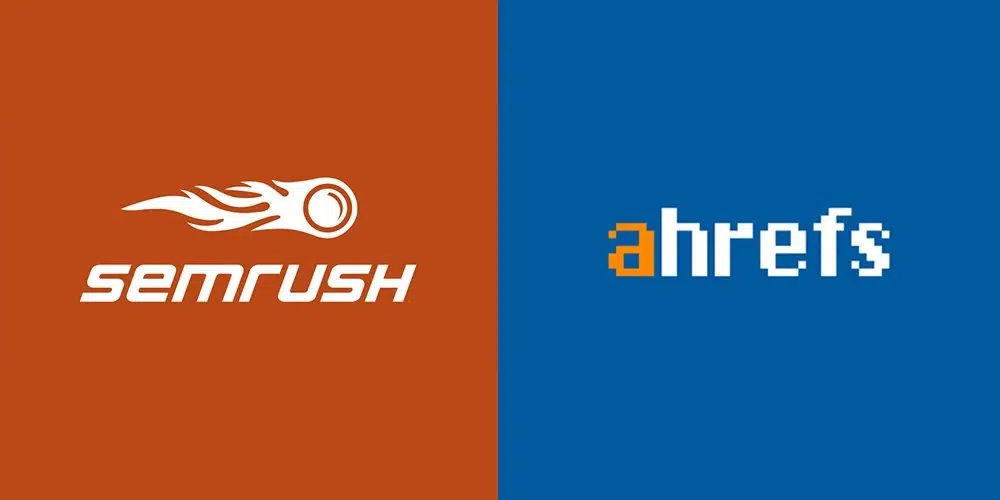
4. Competitor and feed provider analysis
Look at what search feed providers (e.g., System1, Tonic) are monetizing. This can reveal which keywords or verticals have strong advertiser demand. Competitor spying tools like Adplexity can also show live arbitrage campaigns.
Tip: Don’t rely on just one tool. Cross-checking data ensures you don’t chase keywords that look profitable in theory but fail in practice. Start with Google’s free tools, then validate with premium platforms.
Keyword Strategy & Management

Researching keywords is only the first step. To make Search Arbitrage profitable, you need a clear strategy for organizing, filtering, and testing those keywords.
1. Keyword clustering
Group similar keywords into clusters. For example, instead of running each keyword separately, you can group “cheap auto insurance online,” “low-cost car insurance quotes,” and “compare auto insurance rates” together. This improves ad relevance, boosts Quality Score, and often reduces CPC.
2. Keyword intent mapping
Not every search query is equally valuable. Keywords fall into categories:
- Informational: users want knowledge, low conversion.
- Navigational: branded searches, often not useful for arbitrage.
- Transactional: users ready to act, best for monetization.
Focusing on transactional or problem-solving queries usually drives higher CTR and EPC.
3. Negative keywords
Add negative keywords to block irrelevant clicks. For example, if you target “life insurance quotes,” exclude terms like “jobs,” “free PDF,” or “definition”. This prevents wasted budget and keeps traffic intent high.
4. Continuous testing
Arbitrage success comes from testing small, then scaling. Run low-budget tests ($50–100) to see which keyword sets deliver EPC higher than CPC. Pause underperformers, reinvest in winners, and repeat. This iterative approach ensures steady profitability.
A strong keyword strategy means you’re not just chasing cheap clicks—you’re building a system where cost, intent, and monetization all align for long-term ROI.
Common Mistakes to Avoid
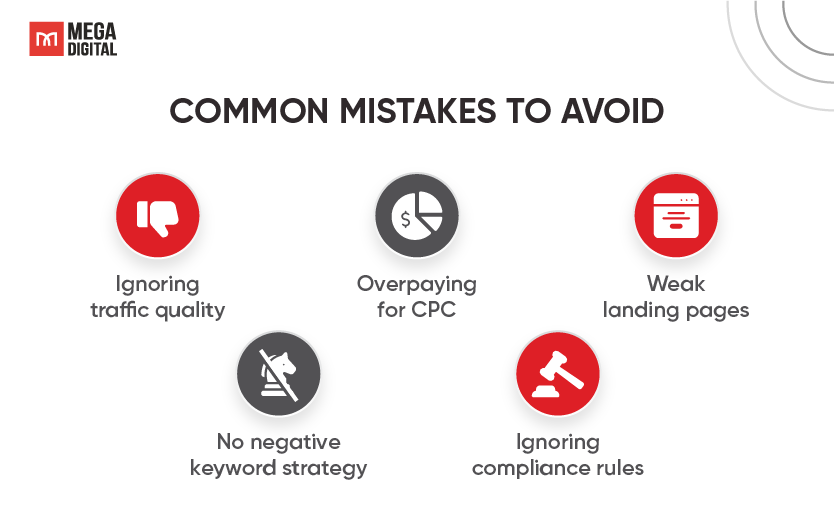
Many beginners in Search Arbitrage lose money because they underestimate how sensitive this model is to cost, intent, and compliance. Here are the most common pitfalls:
1. Ignoring traffic quality
Cheap traffic might look profitable at first, but if most clicks are bots or irrelevant users, your EPC (earnings per click) will crash. Worse, platforms like Google or Facebook may suspend your account for invalid traffic.
2. Overpaying for CPC
Search Arbitrage only works when CPC < EPC. If you don’t monitor bids closely, costs can creep higher than your ad revenue. Always cap bids and optimize landing pages to improve Quality Score.
3. Weak landing pages
Sending traffic to slow, poorly designed pages kills conversions and ad engagement. Without strong content and ad placement, even cheap traffic won’t deliver profit.
4. No negative keyword strategy
Failing to block irrelevant queries wastes the budget. For instance, paying for “car insurance job” clicks when you only monetize insurance quotes is a guaranteed money drain.
5. Ignoring compliance rules
Running aggressive or misleading ads can trigger policy violations. Once your account is suspended, recovery is extremely difficult. That’s why many advertisers rely on agency ad accounts (like those from Mega Digital) to reduce risk.
Applying Keyword Strategies Across Platforms
Keyword research isn’t just for Google. The same insights can boost performance on other channels:
- In Search Arbitrage Facebook, keywords guide how you map search intent into Facebook’s interest targeting.
- With Search Arbitrage TikTok, keyword-driven audiences align with TikTok Search Ads and Pangle placements.
- For Native to Search Arbitrage, profitable terms shape ad headlines and contextual targeting.
Using keywords across platforms lets you diversify traffic sources while still leveraging intent.
Conclusion
Search Arbitrage thrives on one simple truth: profitable keywords make or break your campaigns. Choosing the right terms, testing continuously, and staying compliant determines whether you scale profitably—or burn through budget.
To go deeper, check out our full Search Arbitrage Guide for a step-by-step overview.
And if you want a safer way to test and scale, Mega Digital provides trusted Ads Agency Accounts to help advertisers run Search Arbitrage campaigns with reduced suspension risk and higher consistency.







